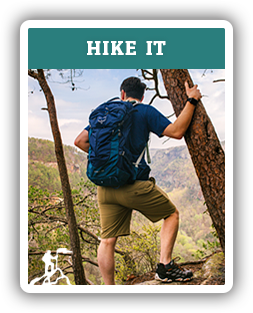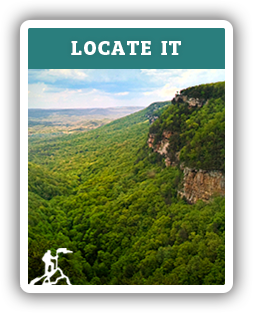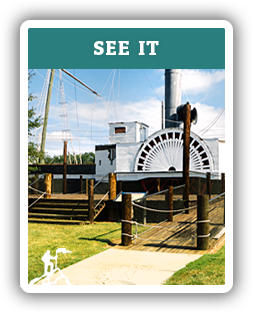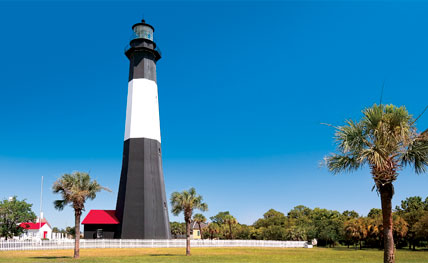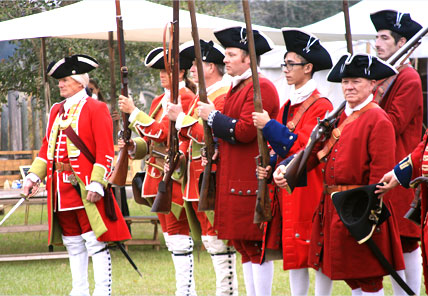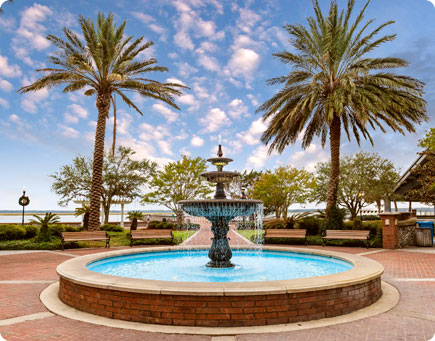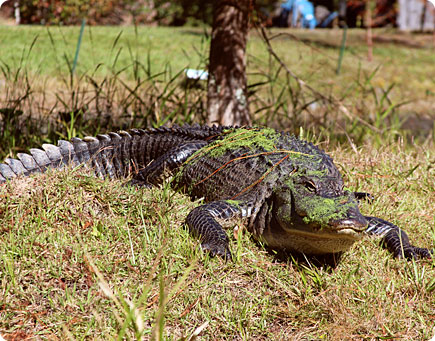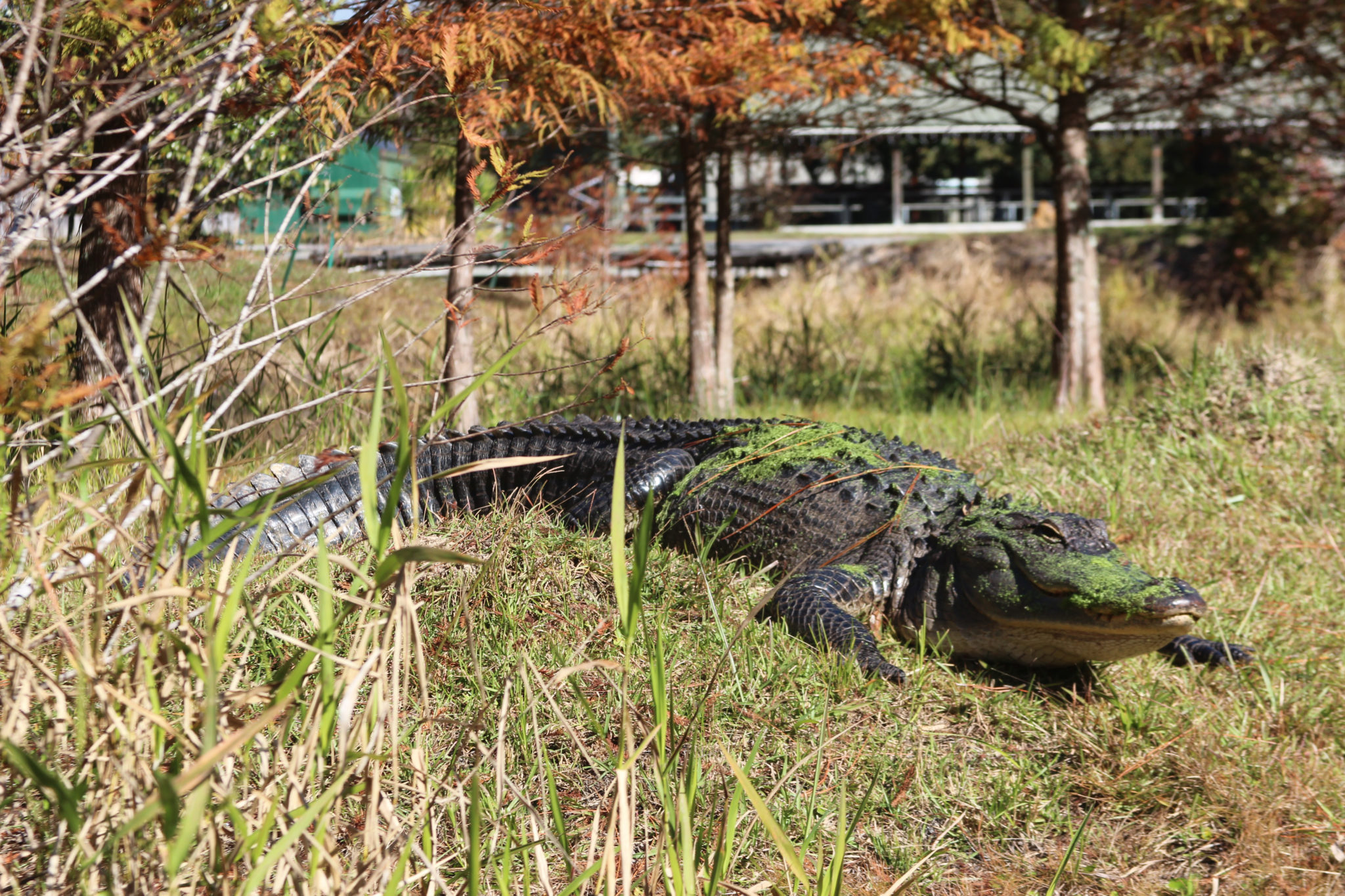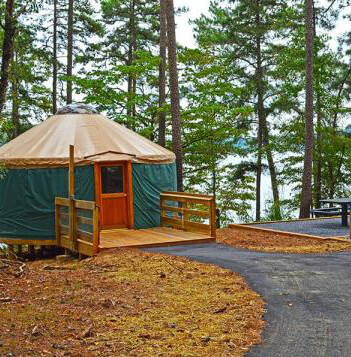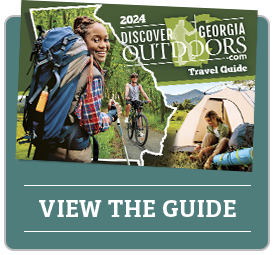Stretching for more than 100 miles between the Savannah and St. Marys rivers, the Georgia Coast is blessed with some of the most distinct ecosystems on the planet. Georgia’s coast offers sandy beaches, ocean waves, palm trees, and nearly tropical weather for nine or 10 months out of the year, expansive marshes, hundreds-year-old live oaks, and incredible animal species.
Four state parks and five historic sites provide access to the area’s diverse natural and historical resources. Camp, picnic, and walk the two nature trails that wind through marshes, live oaks, cabbage-palmettos and longleaf pines at Skidaway Island State Park in “Georgia’s First City” – Savannah. Watch for deer, raccoons, shore birds, and rare migrating birds such as the Painted Bunting. While packed with Civil War history, Fort McAllister in Richmond Hill is also a quiet location for camping, hiking, fishing, and picnicking. Tybee Island, often referred to as Savannah’s beach, offers visitors a place for all seasons with sandy beaches, great fishing, and rich history at every turn. Bring your tent or RV and set up at Tybee’s River’s End Campground.
See gopher tortoises, fiddler crabs, herons, and other coastal birds, or put your boat into the water before sunrise to fish for the catch of the day at Crooked River State Park. Practically on the border between Georgia and Florida, Crooked River State Park offers campsites surrounded by Spanish moss-
draped oaks, and a nature trail that winds through maritime forest and salt marsh. West of Crooked River, near Waycross, is Laura S. Walker State Park, home to many fascinating creatures and plants, with opportunities for boating, skiing, fishing, and playing golf.
Near Crooked River State Park, take a ferry from St. Marys to the 17.5 mile-long Cumberland Island National Seashore [link to trail description] which provides outdoor enthusiasts with salt marshes, nearly deserted beaches, birding, wild horses, and historic sites, all contributing to a unique wilderness experience. Back on the mainland, a few miles to the west, is the Okefenokee Swamp, known for its alligators and other marquee Southern species and recognized as one of the most unique wildernesses in the world. Canoeing, kayaking, and guided boat tours, such as those offered by Okefenokee Adventures in Folkston and Okefenokee Swamp Park in Waycross, make this wilderness accessible to practically everyone. The swamp’s three entrances at Waycross, Fargo and Folkston offer a rare opportunity for outdoor recreation and education in the same day.
North of Waycross, search for more than 50 geocaches in the charming city of Blackshear or paddle the winding Satilla River [link to trail description] from several Pierce County entry points.


